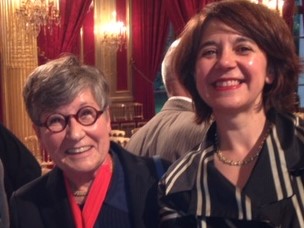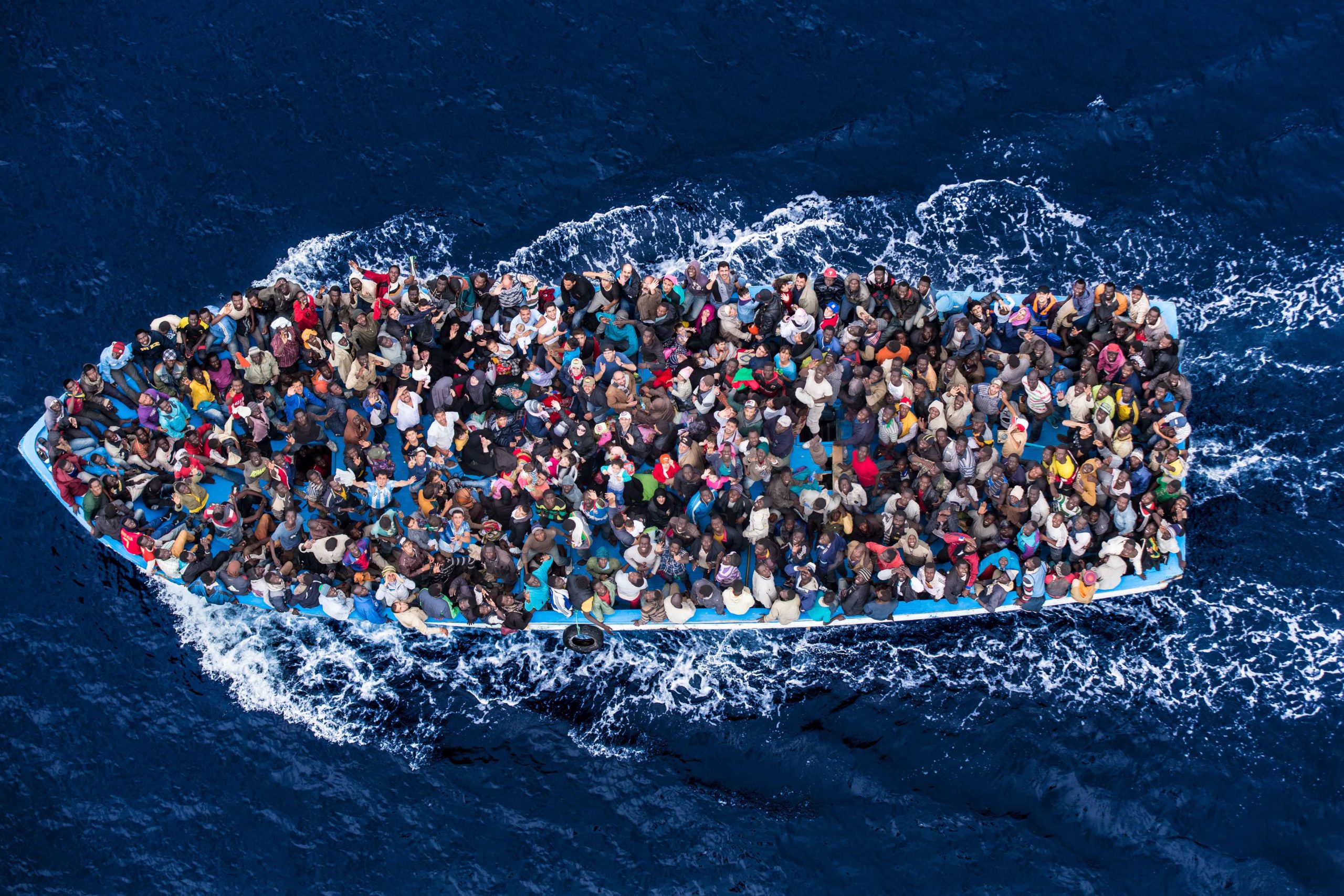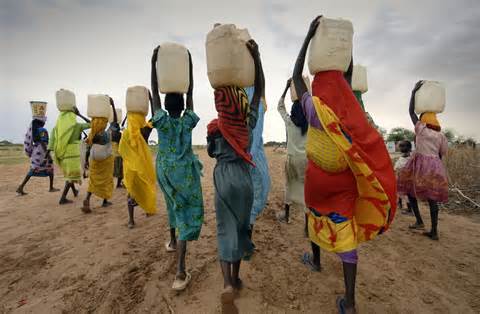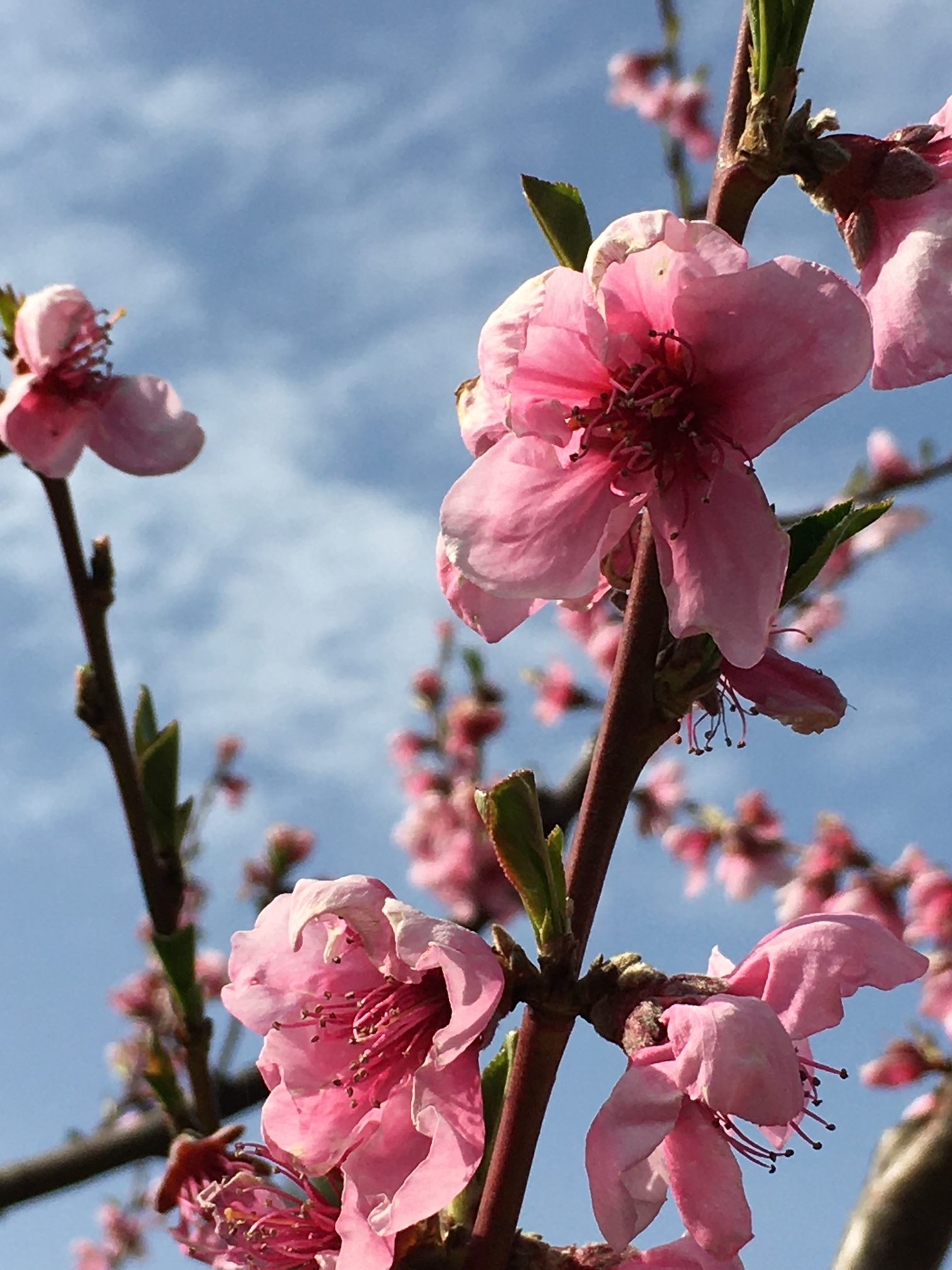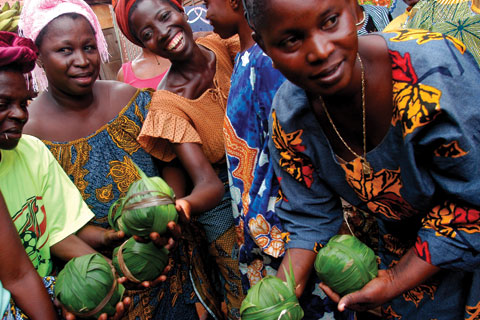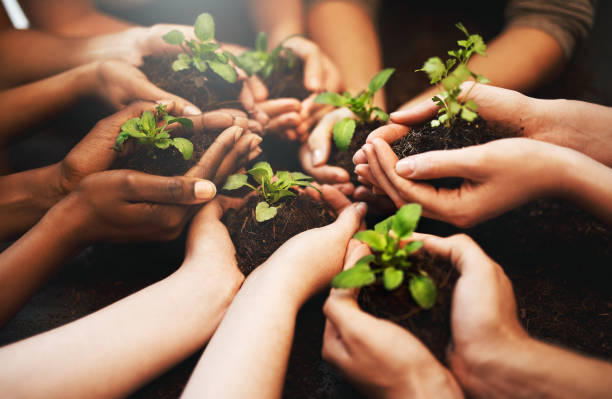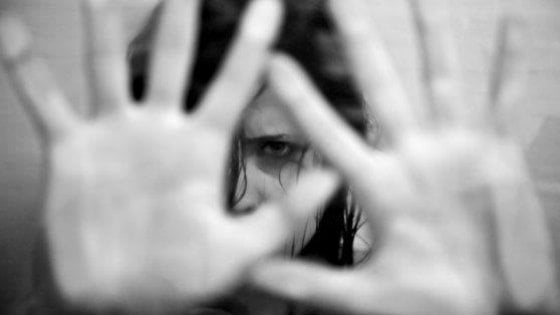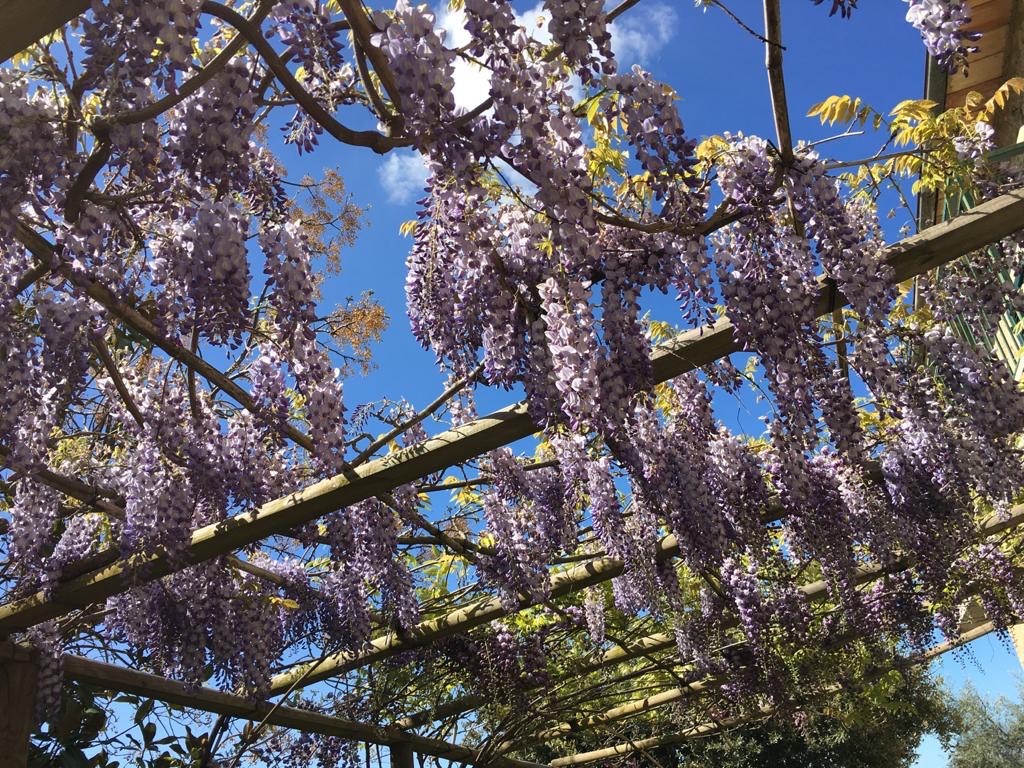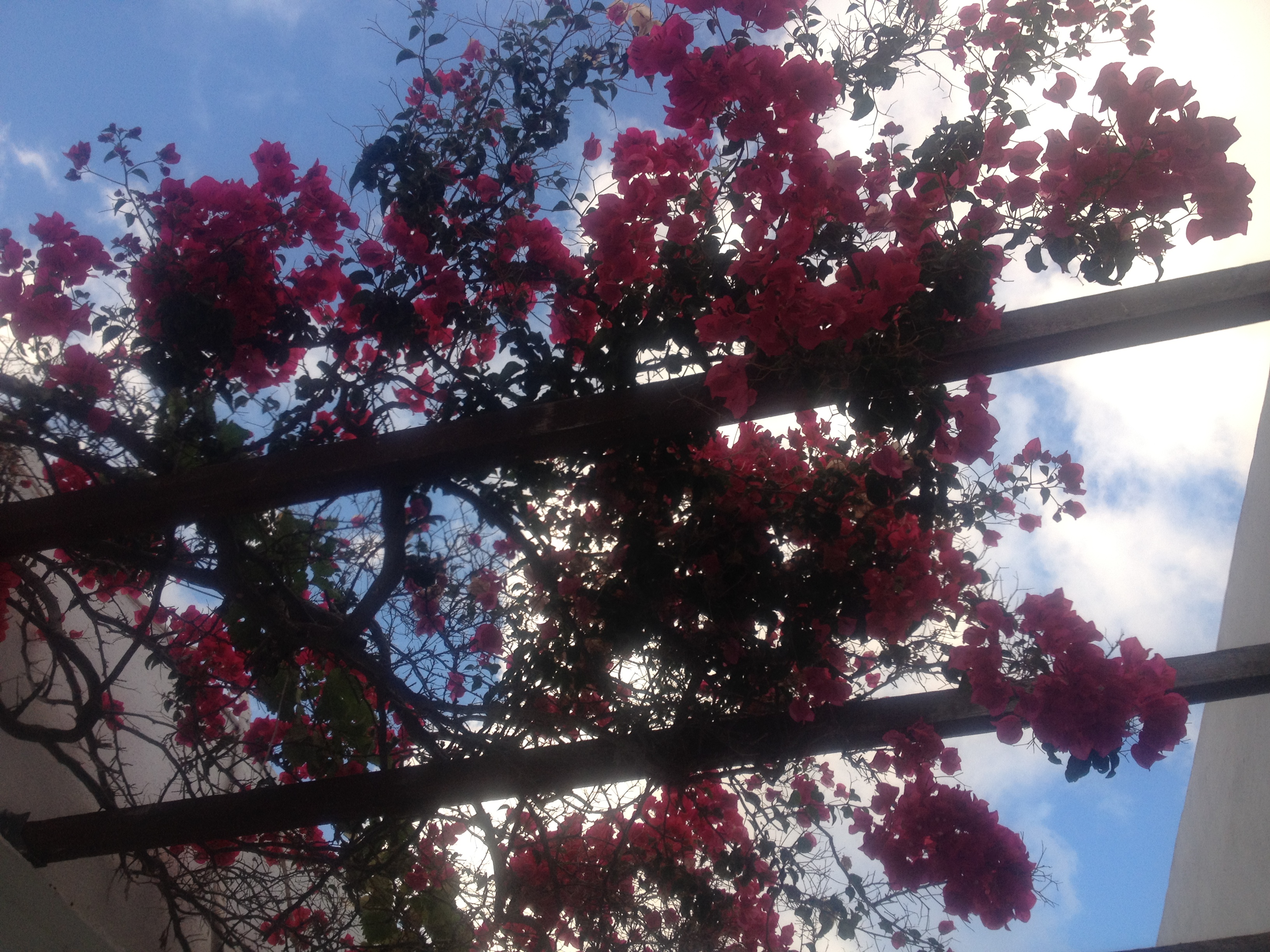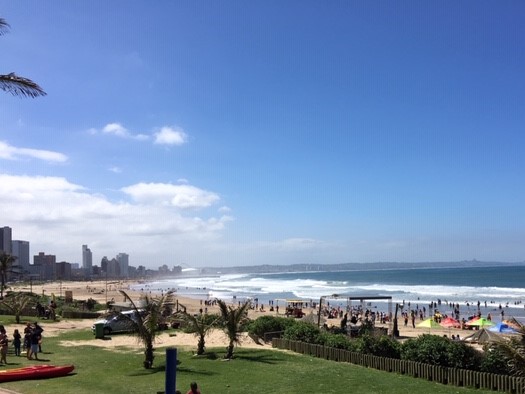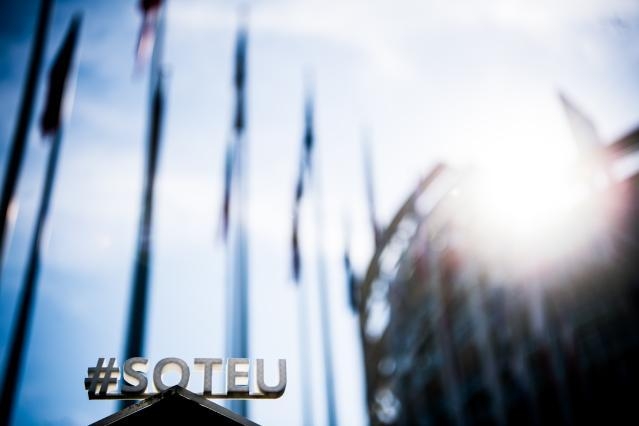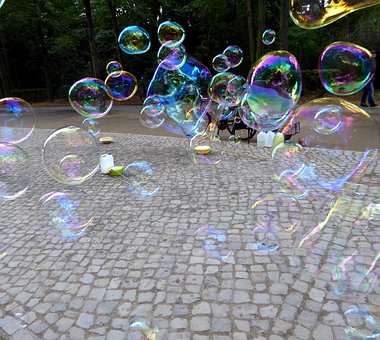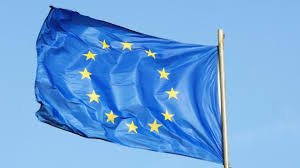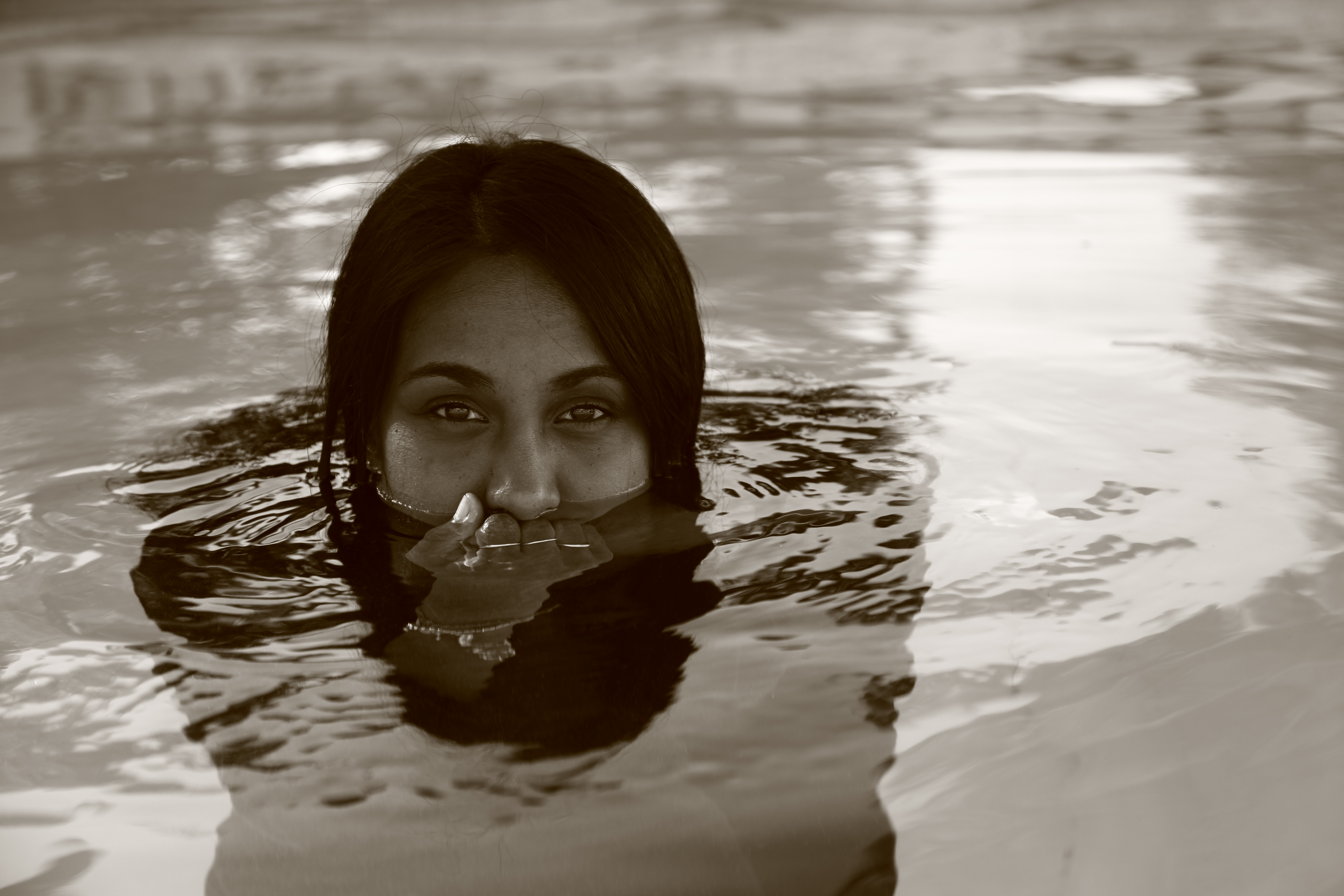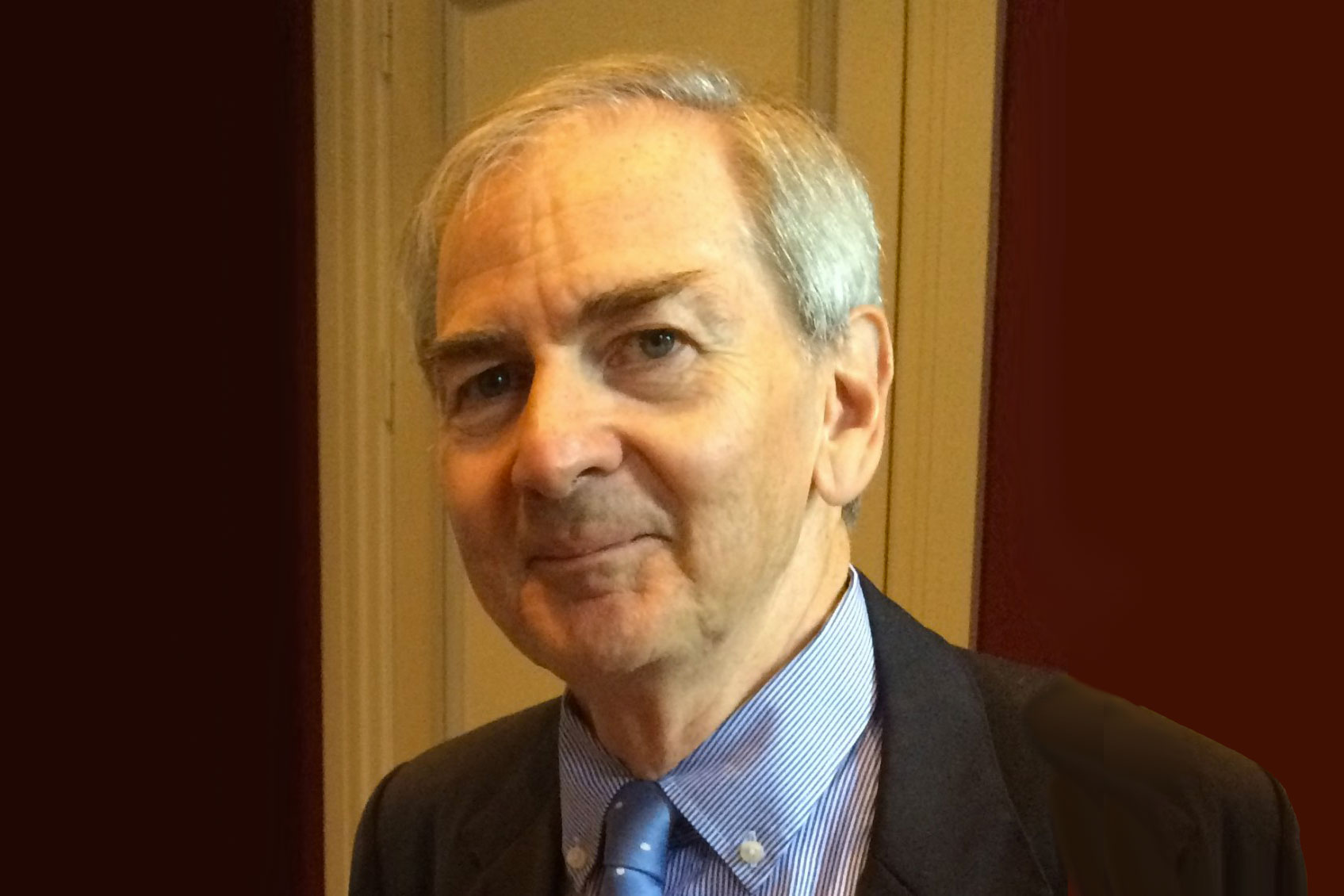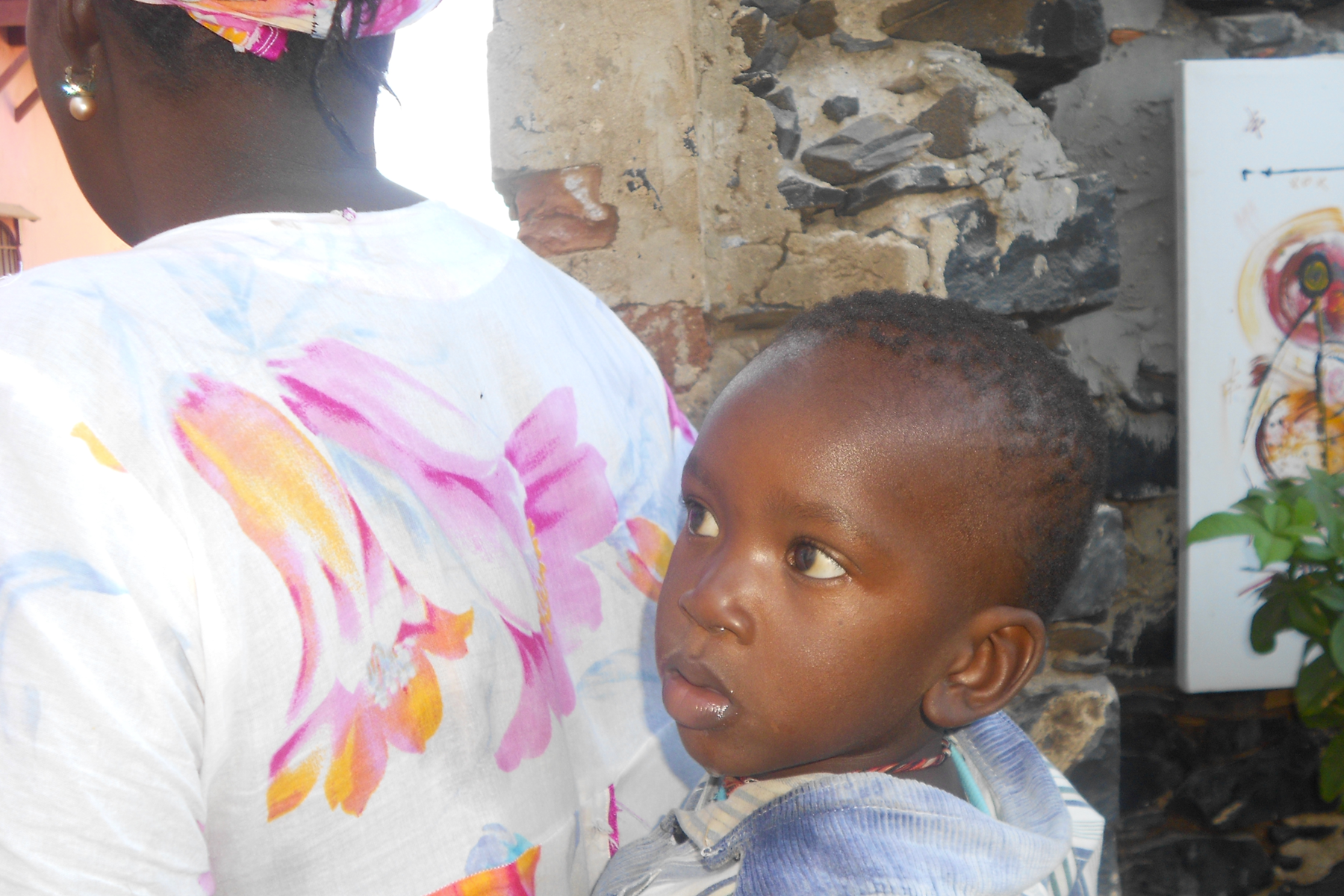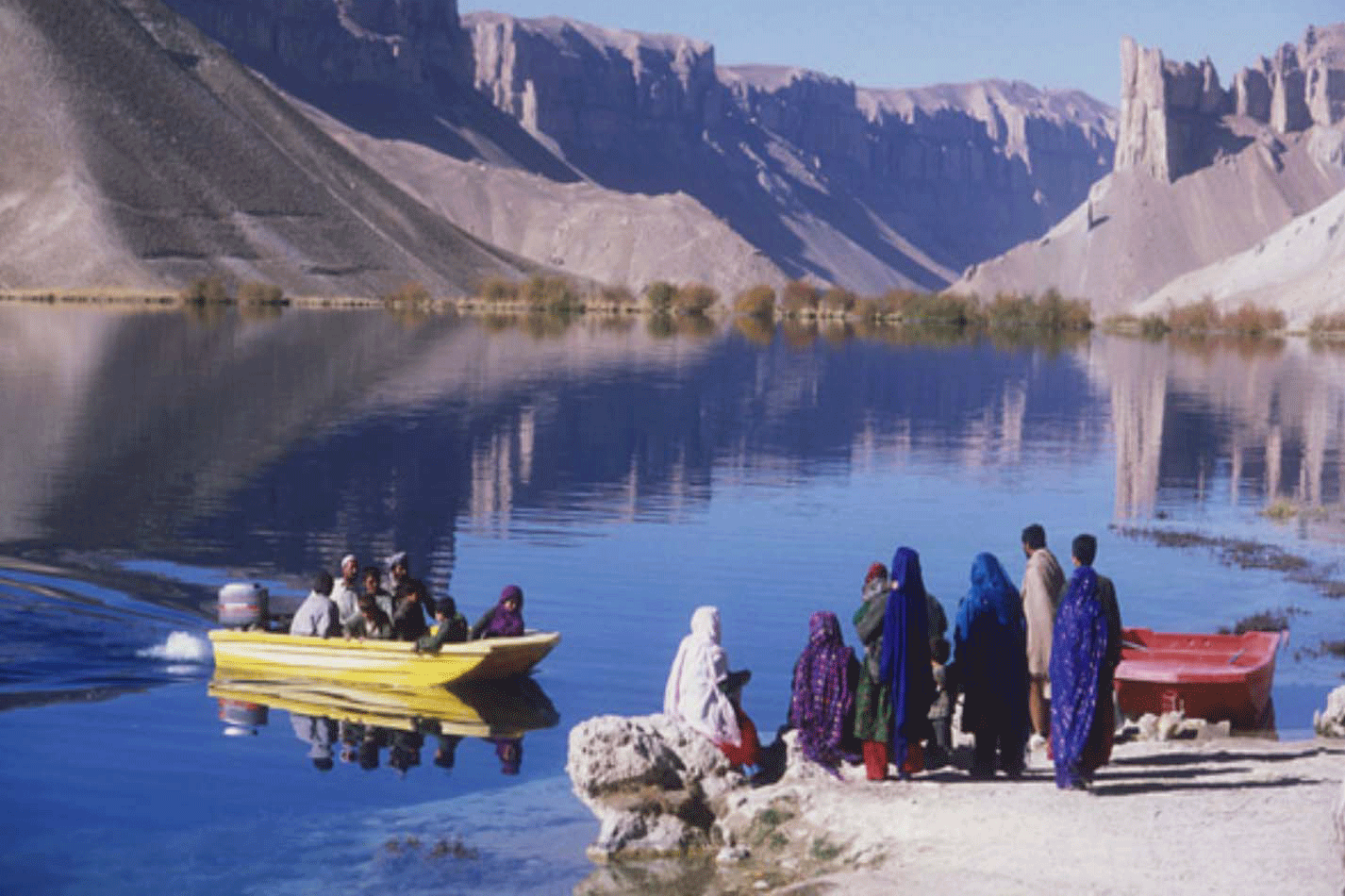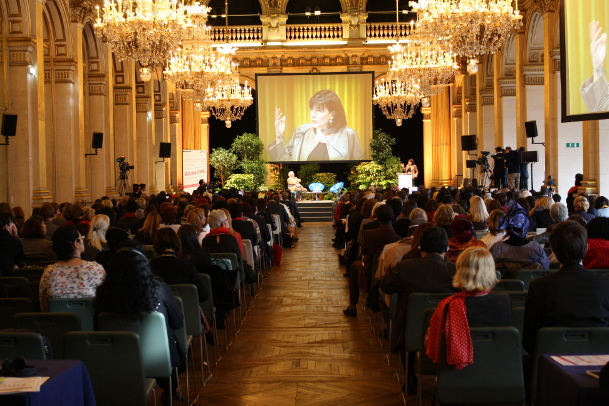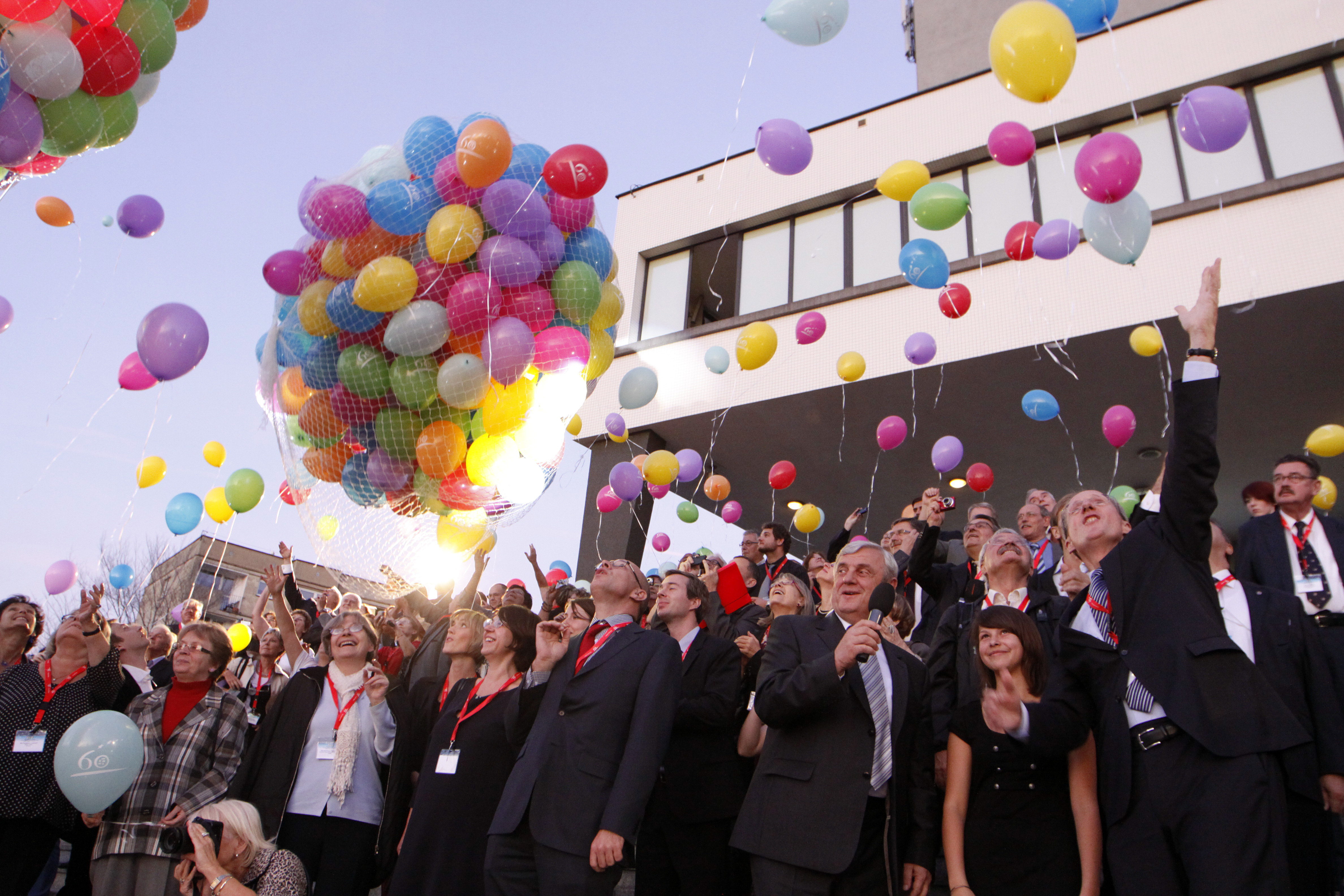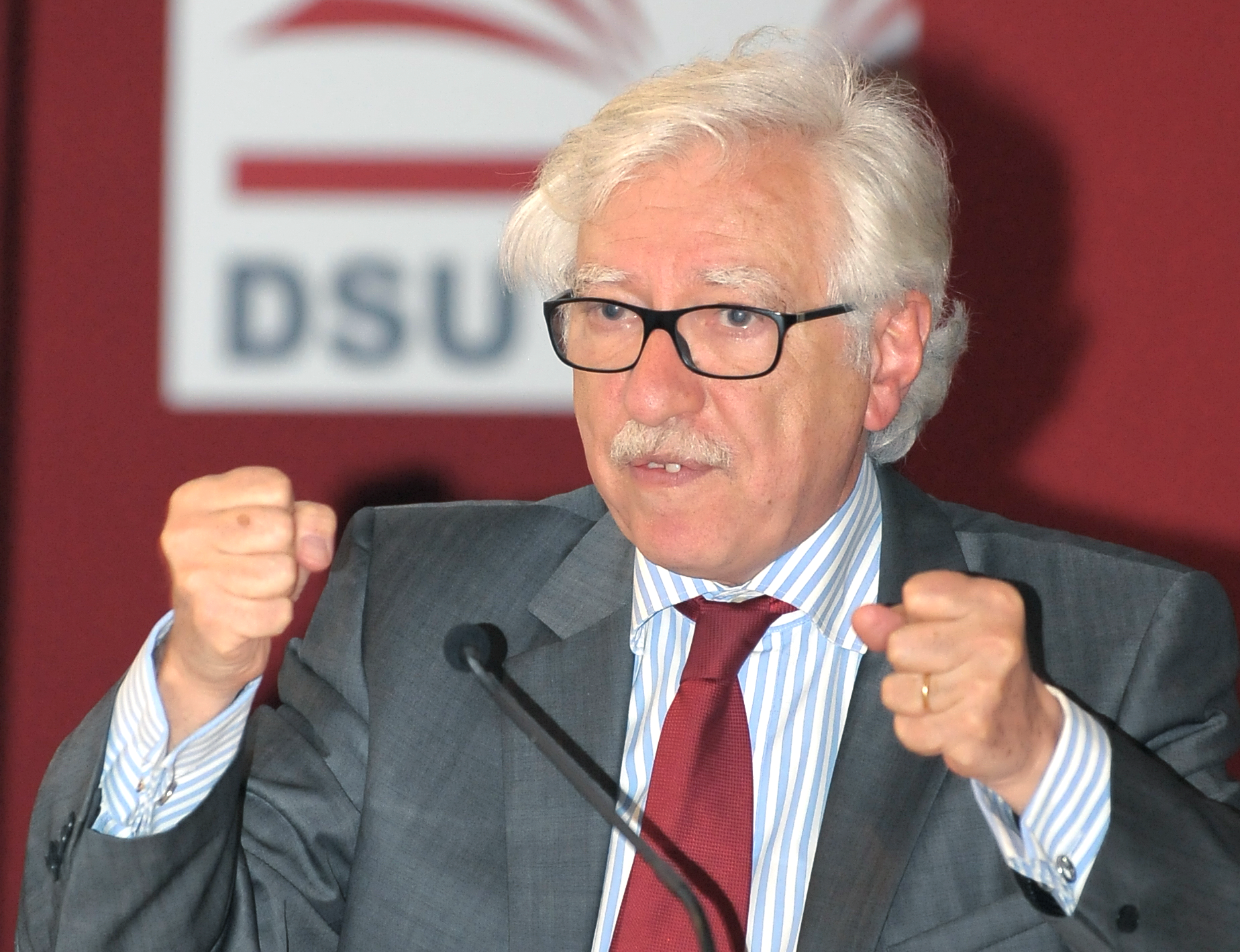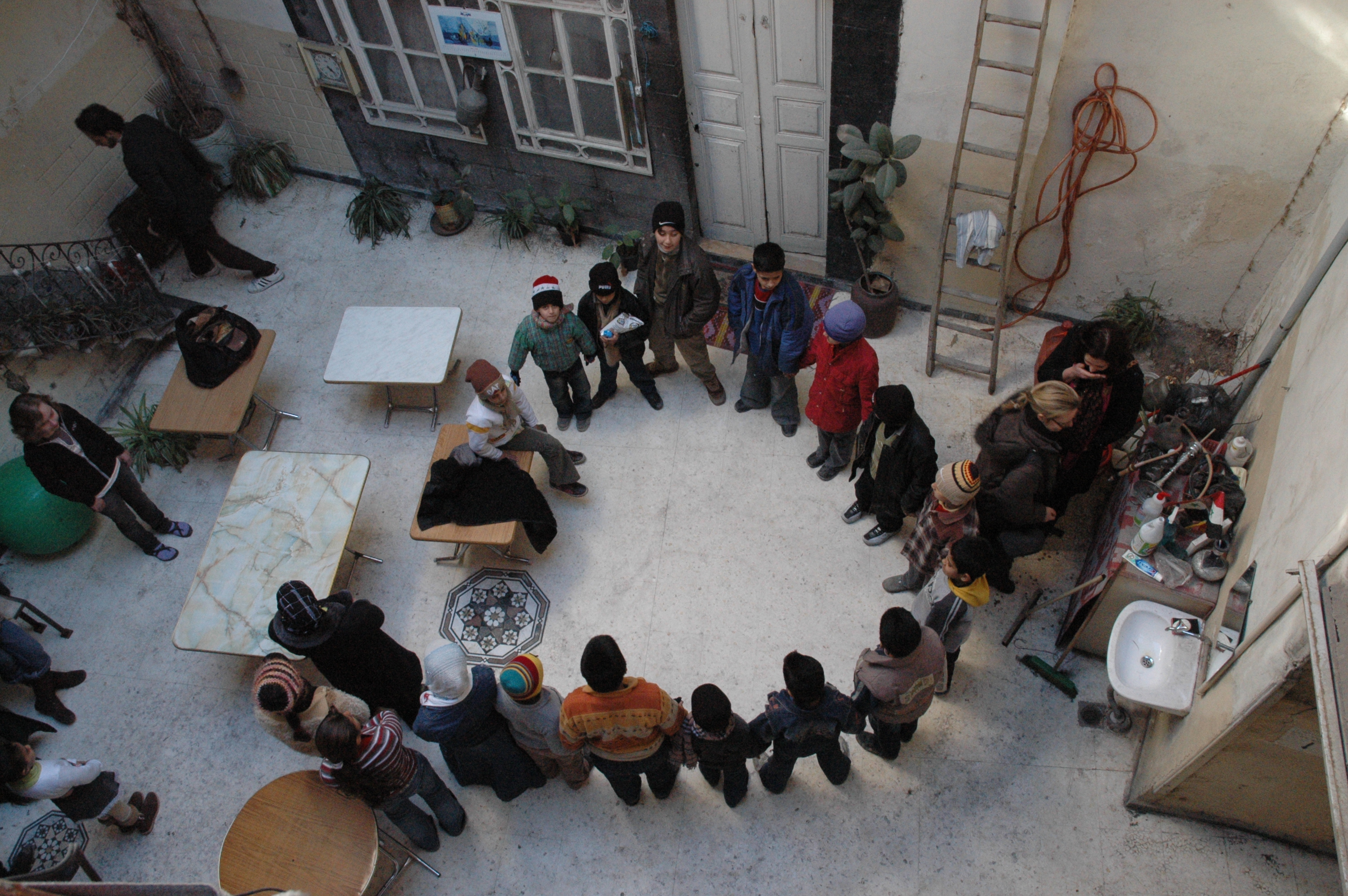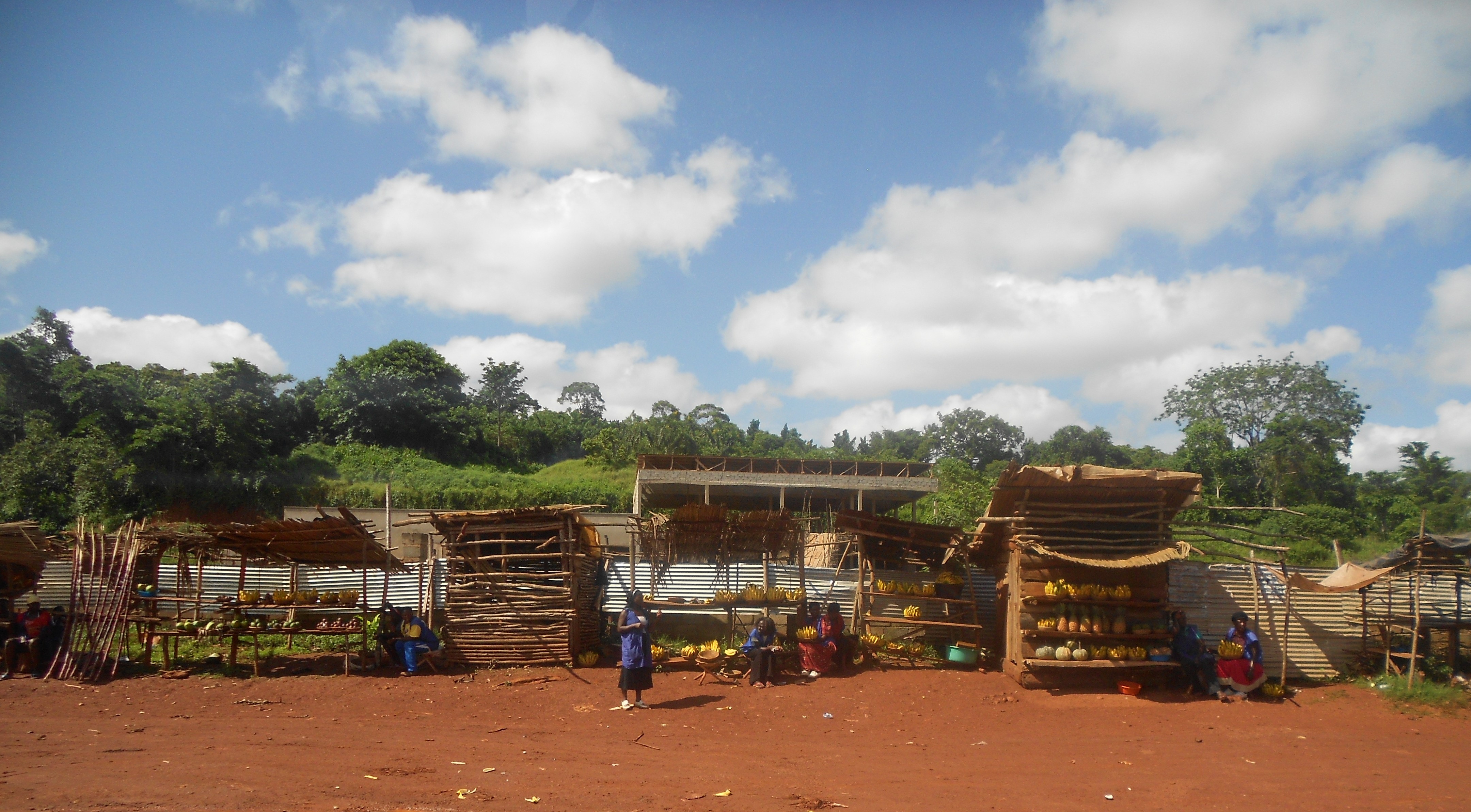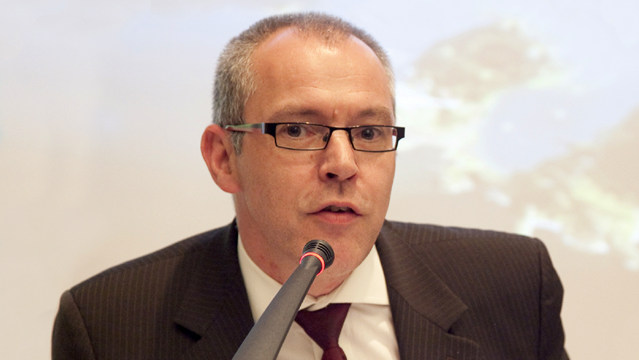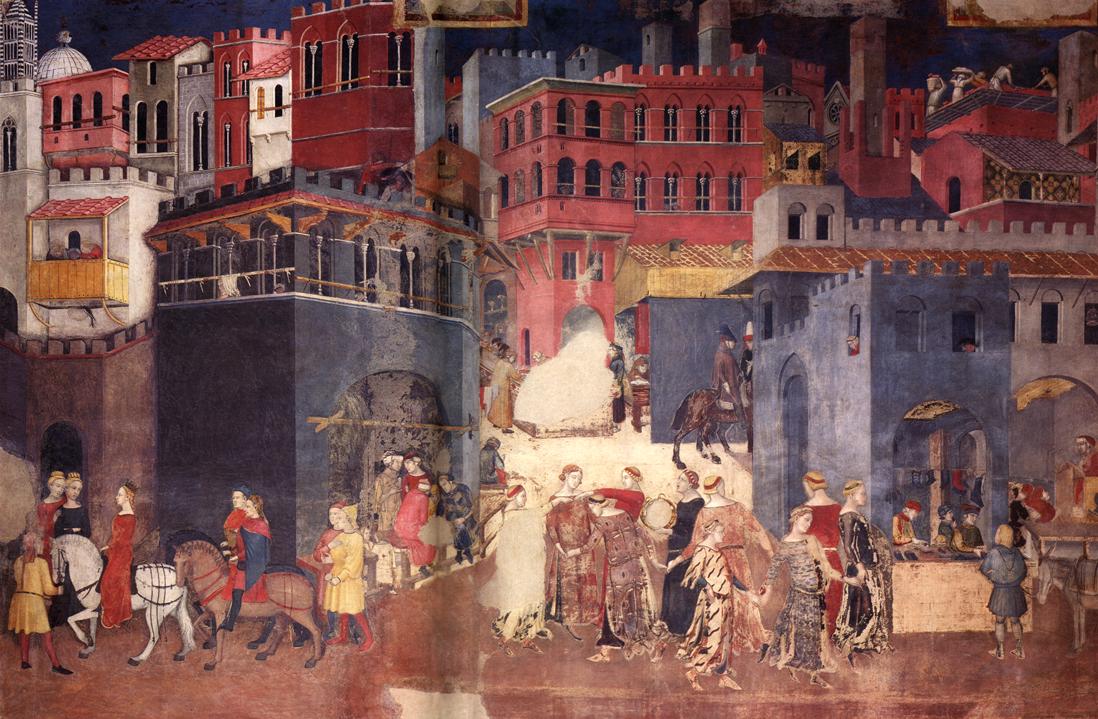Women and Conflicts
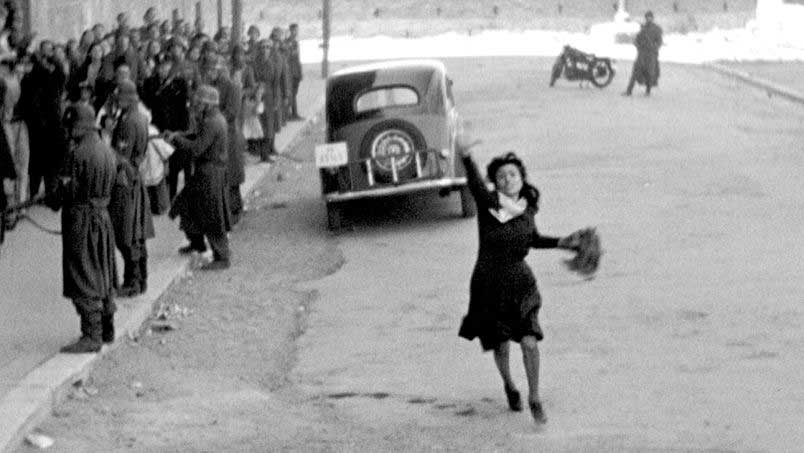
Wars are atrocious for all human beings. But women and men suffer through and experience conflicts differently, not because of a difference in their natures, but because their place and role in society and in the world have always been different and remain so owing to the weight of culture, traditions and the history of humanity.
“Women and Conflicts” was the theme of a seminar that I moderated at the French Development Agency (l’Agence Française du Développement) last April, organised by the “Crisis and Conflicts Unit”, to which the officers and staff of the different Agency departments had been invited.
The daily news, war coverage in the media and situational realities all show us an infinite number of examples of the terrible impact that conflicts have on women.
Ninety percent of the victims of conflicts today are civilians and, of these civilians, 70% are women and children.
Violence against women in times of war is nothing new. Yet, nowadays, women have been deemed strategic targets as a way of devastating any community considered an enemy.
Following the war in ex-Yugoslavia and the genocide in Rwanda, the international community began to address this issue.
In 2000, United Nations resolution 1325 on women, peace and security represented the first step taken by the UN to recognise the specific situation of women in conflicts.
This measure has since been strengthened but substantial progress is still needed.
Today, we are faced with the phenomenon of Islamic extremist movements in which it is the women who endure particularly violent abuses.
Recent events have also focused media attention on the situation of women refugees. While men are taking part in the conflicts, three-quarters of the populations that are displaced and in refugee camps are women and children.
Of the Syrian refugee families in Egypt, Lebanon, Iran and Jordan, one out of four households are headed by women.
The High Commissioner for Refugees is looking into the humanitarian situation of 145,000 Syrian women who are refugees, without their husbands, in the neighbouring countries:
- Eighty percent of these women are not working.
- They have no resources for purchasing food or medicine; they depend on charity and often resort to prostitution as a life-saving anchor.
- They live in fear of being alone, in insecurity produced by the break with their cultural and family environment, in mental distress from the necessity of having to provide for their children’s basic wants and education.
- Even in these camps, violence is still a recurring problem.
Women, whose husbands have gone off to fight, remain alone with their children, in the refugee camps or in their usual place of residence. Yet, even when they remain in their homes, they do not readily have access to economic activities or support services such as health services.
The situation of women who are widowed can have a negative impact on the fate of their children: there are 27 countries with legal provisions that effectively restrict the right of mothers, as opposed to fathers, to pass on their citizenship to their children; as a result, in countries with conflicts, many children are born stateless.
Wars constitute a turning point, a break in the history of a country and its people, and the aftermath and reconstruction can represent the beginning of a new phase, a new start for the country, its society and for its women.

Women can play an active role in this process going beyond that of victims.
War efforts have sometimes led to the recognition of women’s roles on the political stage and to the acquisition of rights. This was what happened with the women’s right to vote in France during the post-war period: legislation was adopted by the National Assembly in 1919 to reward women for their role in the war effort but was blocked by the Senate. In 1944, General de Gaulle granted universal suffrage to women by decree, as a token of recognition of their participation in the resistance.
It was also the case recently for women in Rwanda and Tunisia.
In Rwanda: following legislative elections in September 2013, the country cemented its place as the only country in the world with a national assembly made up of a majority of women. In 2008, women already made up 56.3% of the government in Rwanda; since 2013, that figure has risen to 64%. These greater numbers of women are not a fluke. It is the result of using a quota system, which sets aside 30% of parliamentary seats for women. It was introduced in the new constitution adopted in 2003. Even though it is true that many men have died and that women, who make up the majority, have a greater role to play in the country’s reconstruction, it must also be borne in mind that they were able to make their voices heard.
In Tunisia: women played an important role in the revolution. They got organised and formed networks to get their message across during the transition. The new constitution passed in 2014 recognises the equality of women and men. Following the elections in November 2014, women represent more than 31% of elected members of the Tunisian Assembly with 68 out of 217 seats.
War, the act of taking life away, is often associated with men while birth, the act of giving life, is associated with women. But women are not greater pacifists than men, as is said sometimes. It is the history of the human race, culture and human societal relationships that have determined that men play one role and women another.
The fact that women are less active participants in war, for one reason or another, also means that they are often left out at the negotiating table, the place where the future of the country is being decided. Negotiations are carried out between the different sides involved in the conflict, often in secret. As a result, the status of women in the future that is being rebuilt can only be taken into account to a certain extent in any agreements reached.
Women are probably not any more resilient than men. They adopt a different approach, a more pragmatic one to reality, which allows for the building of bridges and alliances aimed at reconstruction and reconciliation.
Taking the status of women into account in conflict and post-conflict situations is as much a question of development as it is of justice and democracy. It is during such times, when society is breaking down from conflicts, and such critical moments, when building up a new society, a new model of development and new forms of political exercise, that women can deliver their message, stand up for their rights and ask to be more involved in decision-making and leadership.
I invite you to read a poem (see http://www.rawa.org/ill.htm) by an Afghan woman, Meena, murdered in 1987, who had established the Revolutionary Association of Women of Afghanistan, whose words bear witness to the strength and courage of these women who started off as victims but who became active participants in the future of their country




 All news
All news
